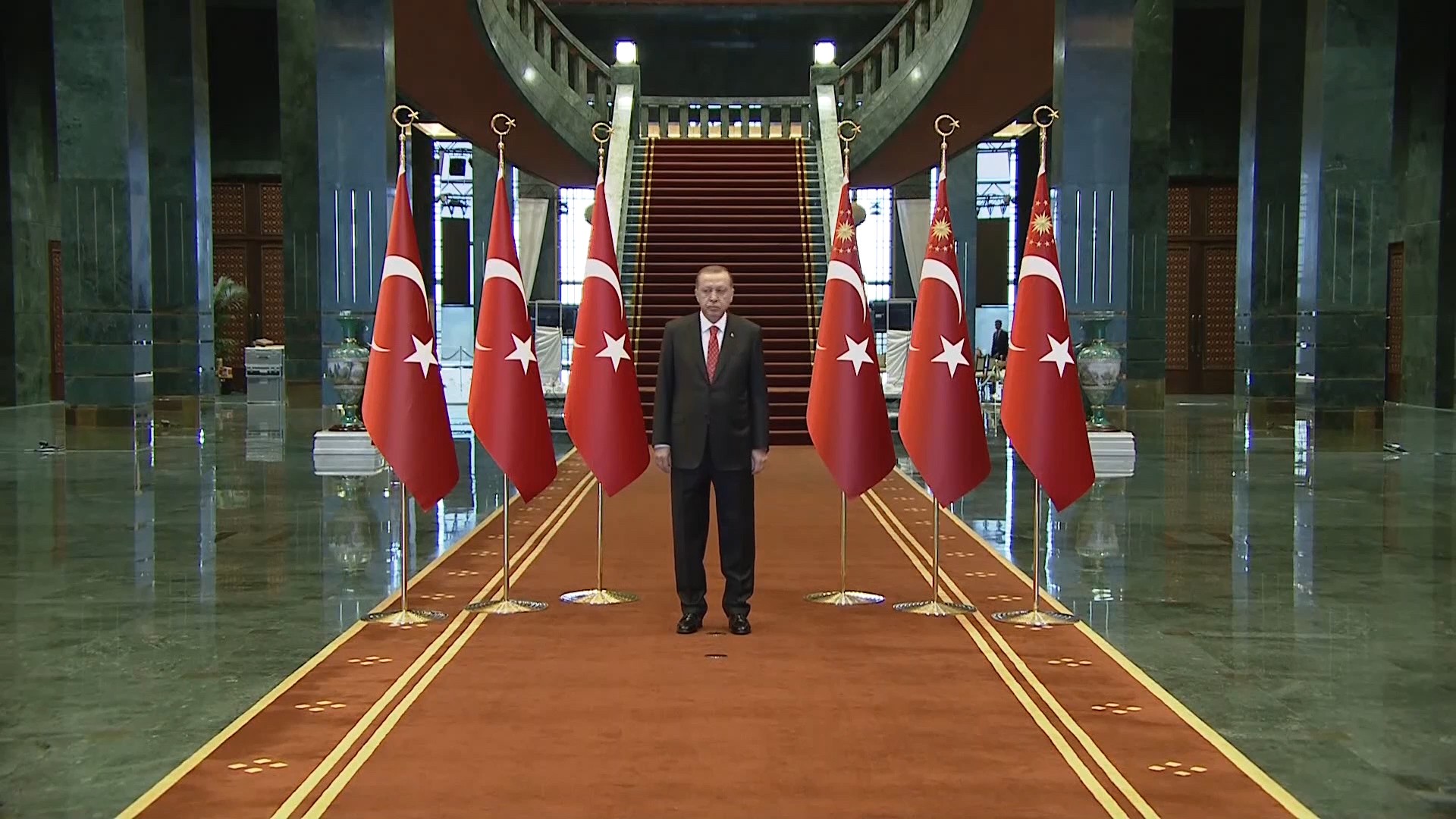Getty Images
Turks don’t need money — they have God. That was the message from President Recep Tayyip Erdogan Thursday as the Turkish lira fell 13 percent in a single day, bottoming out at a record low.The lira is now down 35 percent down against the dollar this year, making it the world’s worst performing currency in 2018 — outpacing even the much-maligned Argentine Peso.And with Turkey’s currency in free fall, President Donald trump added fuel to the fire Friday by announcing a new set of tariffs on Turkish steel and aluminum, warning: “Our relations with Turkey are not good at this time.”The origins of the crisis can be traced back to the failed military coup in 2016.Prior to this, Erdogan had overseen an economic revival, reducing crippling inflation, growing the economy by 60 percent and even bringing a tentative peace to the volatile Kurdistan region.However, the authoritarian pursued a more regressive path after the attempted takeover, clamping down on the media, jailing activists and changing the law to give his office almost unlimited power.Having regained control after the coup, Erdogan ordered the central bank to lend more money while at the same time slashing interest rates to make loans more attractive in a bid to fuel the economy.READ: Everything you need to know about Trump and Erdogan’s dangerous feud over a jailed American pastorAnd he has steadfastly refused to raise interest rates ever since, claiming they are a “a tool of exploitation" — a situation which has sparked fear among foreign investors about Turkey’s ability to back-up its currency.The country's rising inflation rate (currently 16 percent) has also frightened overseas investors — as is the central bank’s lack of independence, with reports Erdogan is directing policy there too.Coupled with the ongoing tension with the U.S., all these factors has led to this week’s rapid falls in the value of the lira.There are several options open to Erdogan that could help stave off economic ruin: raise interest rates, prevent the flow of capital out of the country, reach an agreement with the U.S., or seek bailout support from the International Monetary Fund.Yet Erdogan’s comments Thursday suggest he is unlikely to admit he was wrong and change course on any of them, with likely dire consequences for Turkey and beyond.The most immediate threat is to the Turkish economy, with the government simply not holding enough U.S. dollar reserves to defend the dropping price of the lira. Despite selling $1.7 billion worth of goods to the U.S. each year, Turkey holds virtually no U.S. currency, preferring to buy gold — which has dropped more than 7 percent in price in the last five years.Adding to the doom, the Financial Times reported Friday that the European Central Bank believes that eurozone banks are exposed to the Turkish currency crash.The ECB is particularly worried about the exposure of Spain’s BBVA, Italy’s UniCredit and France’s BNP Paribas, all of which have significant operations in Turkey. Cover image: Recep Tayyip Erdogan, Turkey's president, waves to supporters during a rally in support of the Palestinians in Istanbul, Turkey, on Friday, May 18, 2018. (Kostas Tsironis/Bloomberg via Getty Images)
Cover image: Recep Tayyip Erdogan, Turkey's president, waves to supporters during a rally in support of the Palestinians in Istanbul, Turkey, on Friday, May 18, 2018. (Kostas Tsironis/Bloomberg via Getty Images)
Advertisement
Yet according to Erdogan, the burgeoning economic crisis should be of little concern to his supporters. “If they have dollars, we have our people, our righteousness and our God,” he said Thursday at a rally in the Black Sea province of Rize.Alluding briefly to the nation’s currency woe, the president instructed the crowd not to pay heed to “various campaigns” under way against Turkey.
Earlier, a delegation of Turkish government officials left Washington having failed to overturn the White House decision to review Turkey's “duty-free” access to the U.S. market — a measure introduced as part of the feud over the detention of American pastor Andrew Brunson.
How did this happen?
Advertisement
What are the solutions?
Who goings to be affected?

